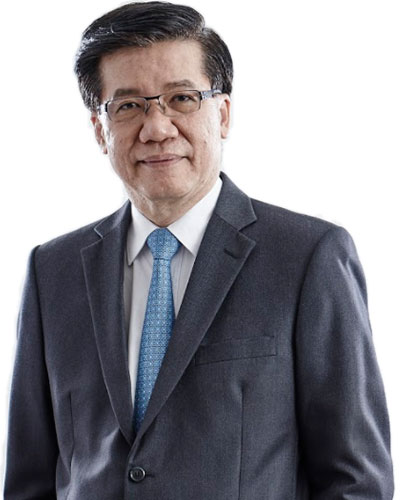Malaysia’s Ageing Population is Fuelling a Rising Demand For Blood Donations

In a country where the act of giving blood is seen as a quiet gesture of humanity, the stakes are growing louder.
As Malaysia’s population continues to age, the pressure on blood banks is steadily intensifying; driven by shifting demographics, rising health complications and more advanced medical procedures that increasingly rely on blood transfusions.
Subang Jaya Medical Centre (SJMC) Consultant Haematologist, Dr Ng Soo Chin, mentioned that at present, around eight per cent of Malaysia’s population is aged 65 or older.
While this may seem modest, the number is climbing each year and with it comes a greater burden on the healthcare system.
“With age, the prevalence of diseases like cancer, heart problems and lifestyle-related conditions increases significantly.
“We are also seeing more elderly patients undergoing surgeries such as joint replacements, which often require blood,” he said in an interview with Sinar Daily.
The trend is clear: as medical technology advances and treatment options expand, the demand for blood is not just staying steady, it is climbing. And while the healthcare system has adopted smarter ways to manage blood use, these strategies may not be enough to meet the future need.
The good news is that Malaysia’s healthcare professionals are already taking steps to optimise how blood is used.
“We are no longer transfusing patients with iron deficiency anaemia as readily as before. Now, intravenous iron therapy is preferred. It can effectively raise haemoglobin levels within weeks, sparing the need for transfusions.
“Blood that is not tied down can stay available for other patients in urgent need,” Dr Ng said.
These tactics help prevent unnecessary usage and reduce wastage; making the existing supply go further. Still, optimising usage alone can not solve the bigger issue: keeping the supply stable as demand rises.
This is where communication, especially during emergencies, becomes crucial.
“Social media is incredibly powerful in spreading messages about blood needs. But the current approach is fragmented. You will often see individual posts on Facebook that are not verified and that leads to confusion,” he said.
Dr Ng believes a centralised, trustworthy platform could solve this. A nationwide website or app, updated in real time with verified blood bank needs, could streamline donor mobilisation and make appeals more credible.
It is an idea whose time may have come, especially as public goodwill has proven its strength before.

“Blood donation is not just a medical necessity. It is a human connection and in the years to come, we will need more of both,” Dr Ng highlighted.
The COVID-19 pandemic became a powerful case study of Malaysians' unwavering compassion. Despite widespread fear and movement restrictions, a steady stream of regular blood donors still showed up to hospital donation centres.
“Even during the height of the pandemic, blood donors did not stop coming. Thanks to them, we were able to carry out bone marrow transplants for leukaemia patients. These were procedures that simply could not wait,” Dr Ng said.
Unlike in some countries, blood donors in Malaysia receive no financial compensation. They donate out of sheer altruism, often taking time off work and making personal sacrifices to do so.
Dr Ng believes that such selflessness should be acknowledged more meaningfully.
“We do not need to reward them with money, but there should be more structured recognition. Even small gestures like official certificates, wellness support or consistent appreciation events could encourage sustained participation,” he suggested.
With Malaysia’s population growing older and medical needs expanding, it is clear the nation’s blood donation system must evolve in parallel.
By embracing smarter use, improving communication and valuing every drop given by generous donors, the country can be better prepared for the challenges ahead.
“Blood donation is not just a medical necessity. It is a human connection and in the years to come, we will need more of both,” Dr Ng highlighted.
Source: Sinar Daily
